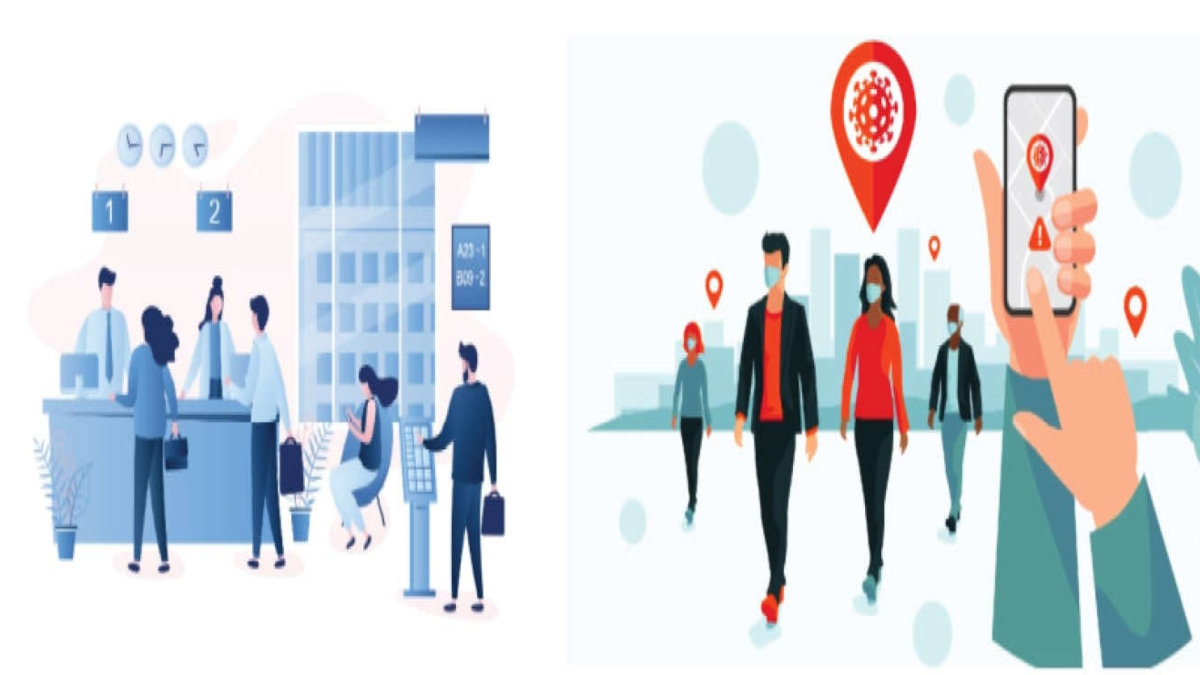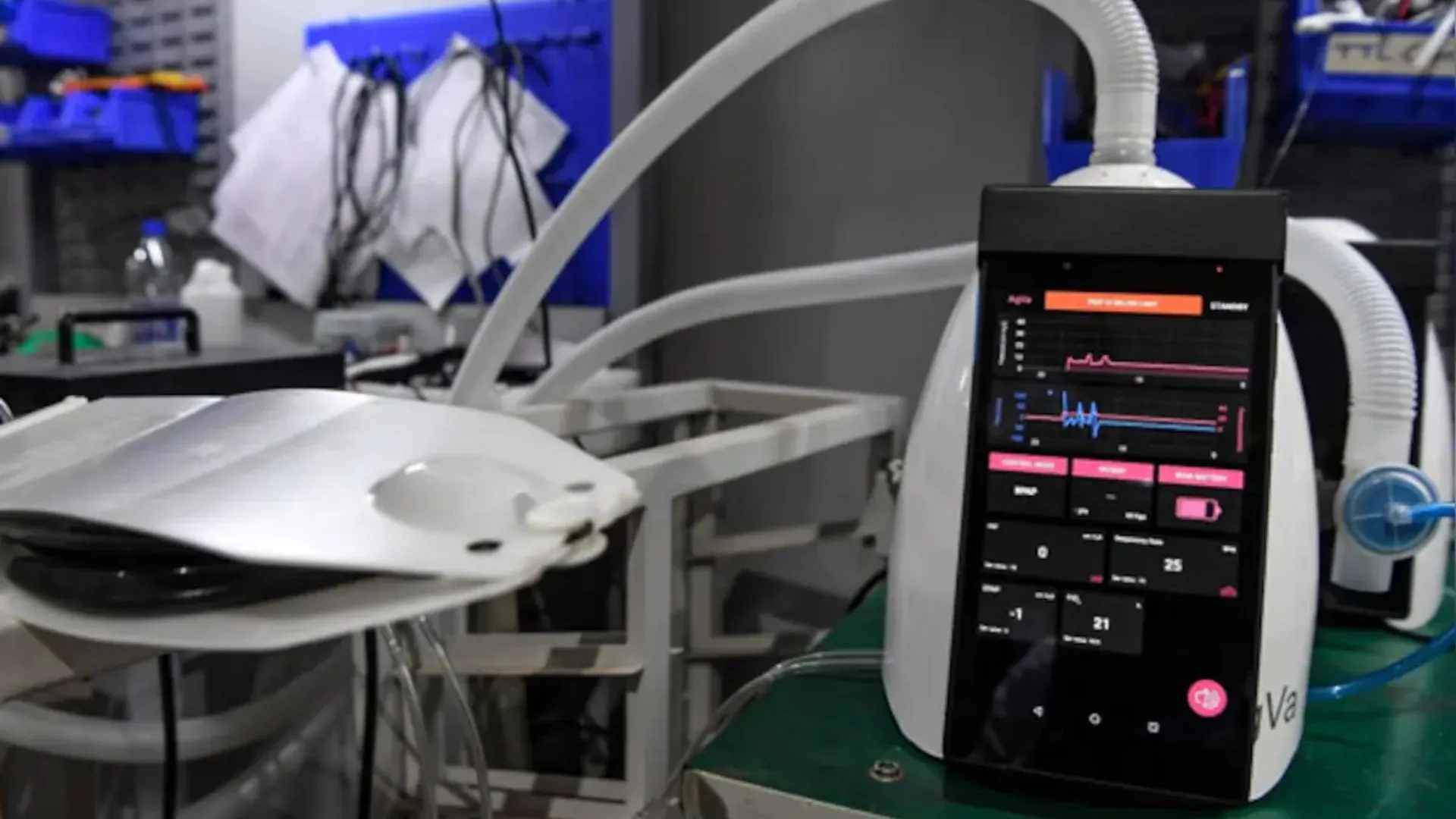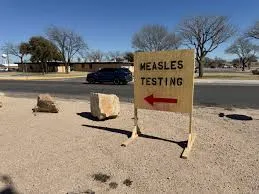Since the year 2020, we have had a better understanding of the Coronavirus and its ability to transmit the virus. With over 446 million COVID-19 cases reported worldwide, it’s difficult to deny that the virus has been rapidly spreading through countries, towns, states, and communities. Many states and cities are reopening to revive the economy, despite the fact that countries like Australia, the United States, and India instituted lockdowns to ensure social isolation. As the pandemic spreads, many organizations are faced with the onerous burden of keeping their staff and visitors safe. Experts and scientists think that the virus spreads not only from person to person , but also for a variety of reasons, such as touching registers during the registration process or requesting visitors to fill out basic information while visiting an organization’s office or grounds.
IMPORTANCE OF CONTACTLESS VMS
Integrating a contactless and paperless visitor management system into our businesses and homes is as simple as scanning a QR code or entering a pin on our smartphones to check in a gate or a door. Guests can be assured of a warm greeting in the absence of a smiling host in a more convenient, quick, and secure manner. A virtual visitor registration system improves visibility, security, and the ability to provide satisfactory service to guests in addition to working as a receptionist. There are also companies that provide authorized access control that can be customized according to requirements, and these control systems can also be controlled remotely.
Many businesses are rethinking their check-in protocols in light of the Covid-19 outbreak, aiming to decrease human contact in the lobby and prevent using shared things like doorknobs, pencils, clipboards, and check-in kiosks. Also, people are beginning to realize that the majority of dangers to a building’s security come from visitors, so establishing a good visitor control system is a must. On the other hand, there are many misconceptions about the Visitor Management System, such as the belief that it is just for security, that it is only for large organizations, and that it requires a large budget to install; that the smart check-in system is simply for show; and so on. However, that is not the case. Let us discuss why and how.
IMPROVED SECURITY AND VISIBILITY
Once a visitor checks in a door with his or her smartphone, the visitor’s complete information, including photo, will be logged in by the visitors using their smartphones. This allows the building administrator to keep track of every visitor’s movement and current location within the property. The guest can be provided tailored access to the chosen doors by integrating smart access control, avoiding wasteful wandering and tracking any suspicious activity.
BETTER TIME MANAGEMENT AND PLANNING
Using a powerful visitor management system, guests may book appointments and meetings in advance, allowing for a hassle-free and rapid check-in process at the front desk. Avoiding delays at the front desk saves time for both the guests and the hosts, which leads to greater productivity.
LOW INSTALLATION COSTS AND A SIMPLE PROCEDURE
Installing a Contactless visitor control system in a commercial or residential facility, contrary to popular belief, is a quick and straightforward task. It will not cause any damage to the infrastructure or immovable assets during the installation of wireless access controls for visitor management. A digital visitor management system can be used by any size business or facility because of its low cost and significant returns in terms of safety, security, and trustworthiness.
PROTECTION OF VISITOR PRIVACY AND DATA COLLECTION
Whether it’s a customer, a delivery person, a relative, or a friend, everyone values their privacy. An online visitor check-in process will protect personal information such as the visitor’s name, phone number, email address, and the reason for their visit, among other things. Because visitors cannot see a written log of other individuals who have been before them, a digital check-in system is recommended over a traditional paper-based check-in system. Meanwhile, acquiring visitor information can assist create relationships while also serving as a possible catalogue for future marketing mailings.
Check-in without touch, contact, or paper
Visitors can use their smartphones to check in remotely by scanning a unique QR code at the front desk using the electronic check-in system. After scanning, a browser will open, guiding the guest through the check-in procedure without the need for human help. After identity verification, the visitor will be granted permission to enter the premises, and the host will be notified of the visitor’s arrival. This contactless approach reduces the possibility of virus or disease transmission and ensures the visitors’ and hosts’ health.
SUMMING UP
The reopening of the companies while limiting the transmission of virus has proven difficult, as we witnessed during the COVID-19 pandemic. Businesses must adjust to swings in people’s capacity and willingness to follow standards for the sake of the public, in addition to following specific regulations and each organization implementing its own safety protocol. By providing a contactless sign-in, screening visitors and employees, leveraging health policy digital agreements in the workplace, and contact tracking to keep employees informed and safe, a visitor management system can help your business reduce the spread of COVID-19.
The author is Co-Founder & CEO, Spintly























